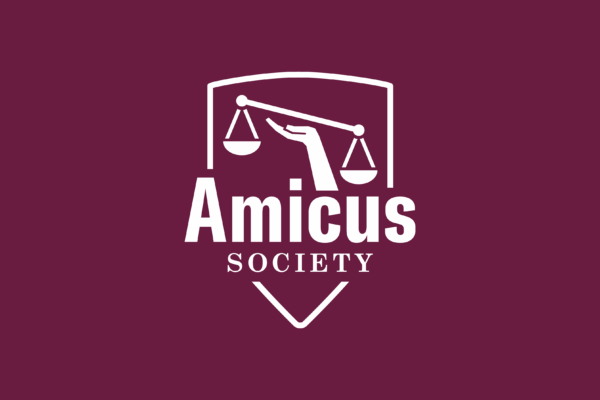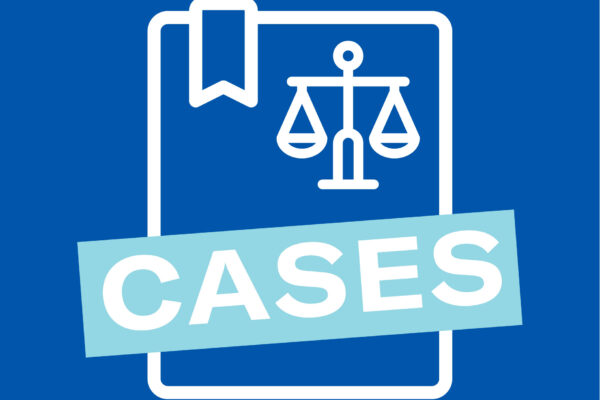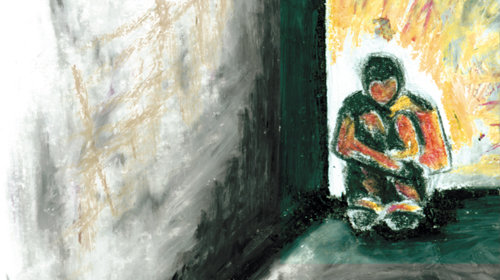Cruel and Unusual Punishment: Panel Reviews a Third Circuit Case Involving the Use of Solitary Confinement at CLE Event
WILMINGTON — Angelo Clark, who lived with mental disabilities, was placed in solitary confinement by Department of Correction (DOC) officials for seven months while he was housed in a Delaware prison. This violation of his Constitutional rights caused severe and irreversible harm to Clark, who passed away earlier this year — before he was able to finish his fight for justice. A panel event hosted by the ACLU of Delaware (ACLU-DE), reviewed this case, and the use of solitary confinement in Delaware, during a webinar last night.
Dwayne Bensing, staff attorney at ACLU-DE, Chad Stover, Partner at Barnes & Thornburg and trial attorney on Mr. Clark’s case, and Jennifer Ying, ACLU-DE board treasurer and partner at Morris, Nichols, Arsht & Tunnell LLP, teamed up to discuss the cruel and unusual nature of solitary confinement, the use of qualified immunity by prison officials, and trial details in the Third Circuit arguments in Clark v. Coupe.
Stover talked about the need for more treatment for incarcerated people with mental illness. “The science tells you that even short stays in solitary confinement can have serious, lasting effects on someone with mental illness, and when you place people with mental illnesses in solitary confinement, the recidivism rates get worse. What it really comes down to is that as a society, and as a prison system, we need to do more to treat mental illness rather than locking people up.”
This event was sponsored by ACLU-DE’s Amicus Society, a membership-based group that brings together attorneys focused on protecting and expanding civil liberties in Delaware. CLE credit was offered to attorneys in attendance (free to Amicus Society members).
Attorneys who joined this event were given important background on this issue, knowledge to bring into their own work on solitary confinement cases, and encouraged to use their power to fight against cruel and unusual punishment that their own clients may face in Delaware prisons.
Related Content
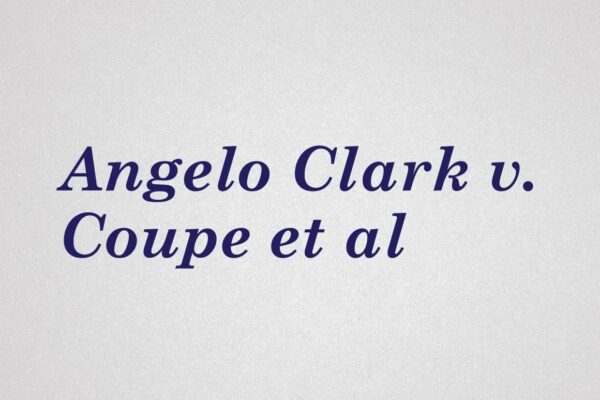
Angelo Clark v. Coupe et al
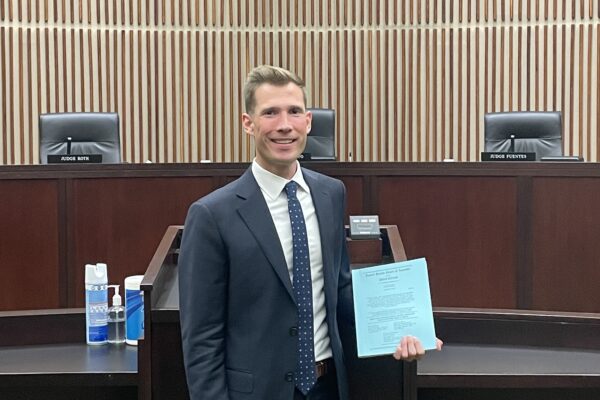
Dwayne Bensing, Staff Attorney, Argues Clark Case in U.S. Court of Appeals for the Third Circuit
Stay Informed
Sign up to be the first to hear about how to take action.
By completing this form, I agree to receive occasional emails per the terms of the ACLU’s privacy statement.
By completing this form, I agree to receive occasional emails per the terms of the ACLU’s privacy statement.

